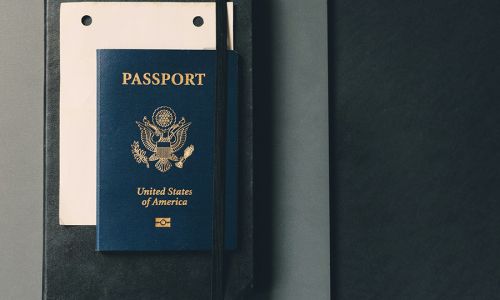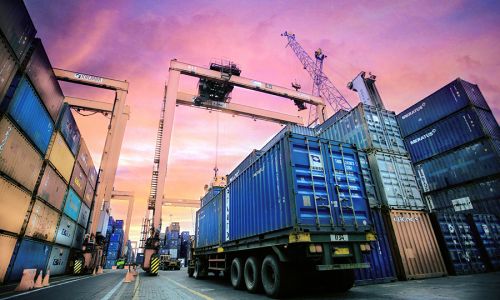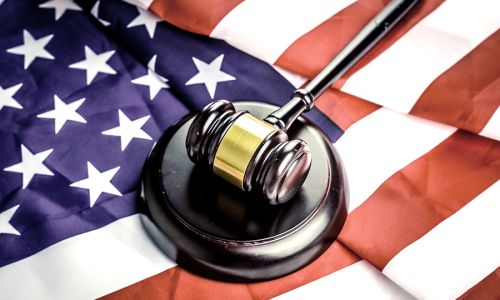
In recent years, whistleblower protection laws have evolved significantly across both public and private sectors. Enhanced enforcement by agencies such as the Securities and Exchange Commission (SEC), Occupational Safety and Health Administration (OSHA), and the Consumer Financial Protection Bureau (CFPB) reflects a clear federal commitment to supporting individuals who report misconduct.

The International Criminal Police Organization — better known as INTERPOL — is the backbone of global law enforcement cooperation, connecting 196 member countries in the pursuit of international justice. Through its system of color-coded notices, INTERPOL circulates crucial information about crimes, offenders, and potential threats.

Trade with Cuba remains one of the most intricate—and risky—frontiers in U.S. export regulation. Despite some carefully crafted exceptions for humanitarian aid, agriculture, and certain people-to-people activities, the broader U.S. embargo has now stood for more than sixty years, shaping nearly every aspect of commerce with the island.

The Office of Foreign Assets Control (OFAC), part of the U.S. Department of the Treasury, is the agency responsible for enforcing America’s economic sanctions. One of its most powerful tools is the Specially Designated Nationals and Blocked Persons List (SDN List). This list names individuals, companies, vessels, and even aircraft that are subject to strict sanctions.

Every worker in the United States has the right to a safe and healthy workplace. Federal law protects you if you speak up about unsafe conditions, file a safety complaint, or take part in a workplace safety investigation. If your employer punishes you for doing so, that could be considered illegal retaliation.

Over the past few years, whistleblowers have become a driving force in uncovering financial misconduct in the U.S. Individuals may report illicit financial activity, including money laundering, sanctions evasion, fraud, and terrorist financing. One of the key tools in this process is the Suspicious Activity Report (SAR) — a confidential report filed with the Financial Crimes Enforcement Network (FinCEN).

 Arabic (العربية)
Arabic (العربية)  English
English  Español
Español  Русский
Русский  Turkish
Turkish  Persian (فارسی)
Persian (فارسی)  简体中文 (中国)
简体中文 (中国) 

